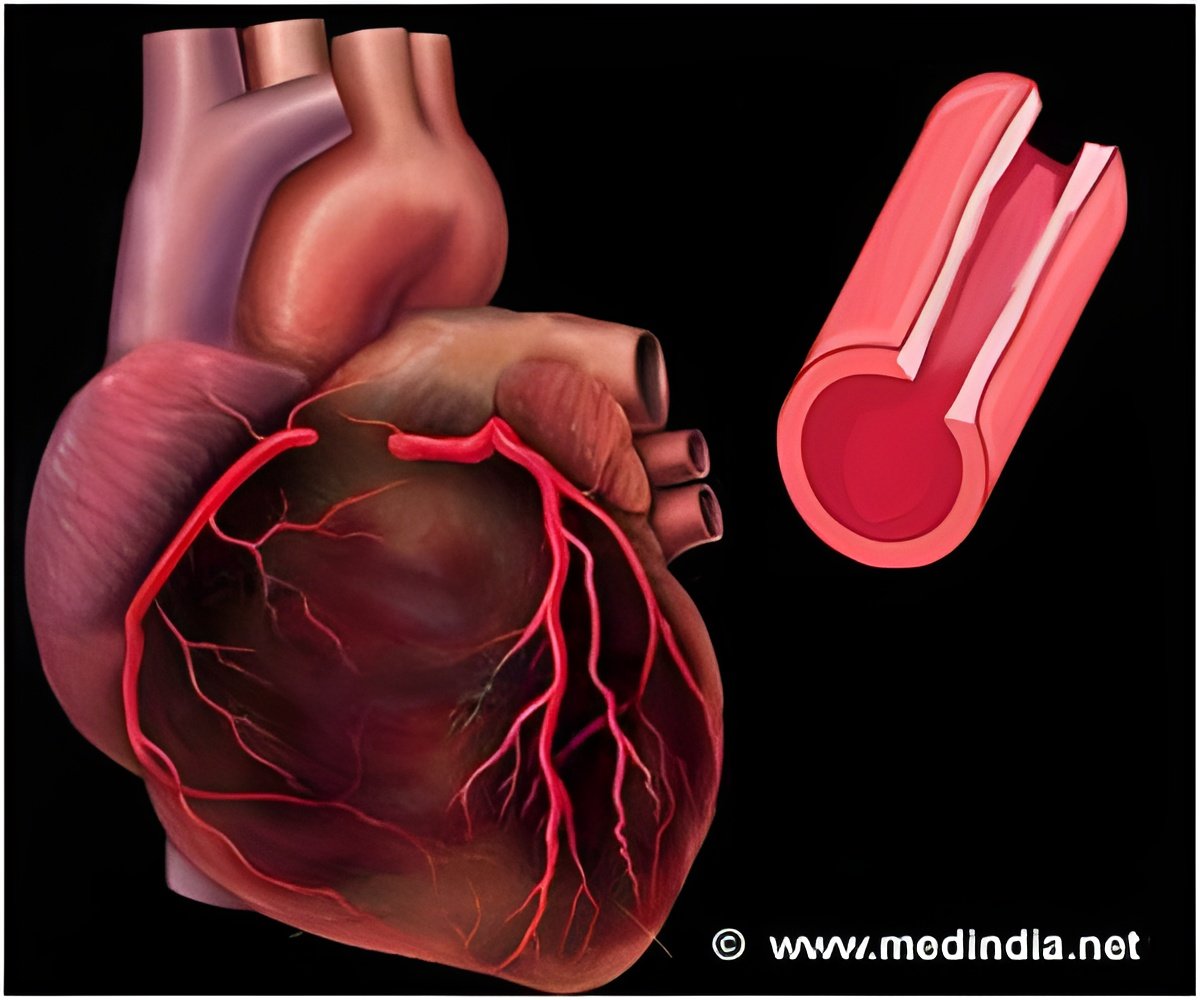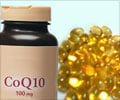According to a study, treatment that consisted of shock wave mediated preconditioning of the target heart tissue was associated with significant, albeit modest improvement.

Birgit Assmus, M.D., of Goethe University Frankfurt, Germany, and colleagues conducted a study to test the hypothesis that shock wave-facilitated cell therapy could improve the efficacy of intracoronary application of autologous (the donor and recipient are the same person) BMCs in patients with chronic postinfarction heart failure. The randomized, placebo-controlled trial was conducted between 2006 and 2011. The interventions included low-dose (n=42), high-dose (n=40), or placebo (n=21) shock wave pretreatment targeted to the left ventricular anterior wall. Twenty-four hours later, patients receiving shock wave pretreatment were randomized to receive intracoronary infusion of BMCs or placebo, and patients receiving placebo shock wave received intracoronary infusion of BMCs.
The researchers found that the primary end point (change in LVEF from baseline to 4 months ) was significantly improved in the shock wave + BMCs group (absolute change in LVEF, 3.2 percent), compared with the shock wave + placebo infusion group (1.0 percent). Regional wall thickening improved significantly in the shock wave + BMCs group (3.6 percent) but not in the shock wave + placebo infusion group (0.5 percent). Overall occurrence of major adverse cardiac events was significantly less frequent in the shock wave + BMCs group (n=32 events) compared with the placebo shock wave + BMCs (n=18) and shock wave + placebo infusion (n=61) groups.
"The results demonstrate that shock wave-facilitated infusion of BMCs beneficially affects global and regional left ventricular contractile function [improved pump function of the heart] and may reduce adverse clinical events in these chronically ill patients," the authors write. "However, the observed beneficial effects on clinical outcome require confirmation in larger clinical end point trials."
Source-Eurekalert















